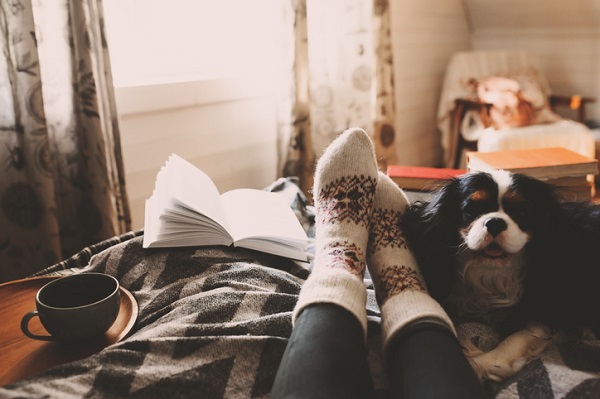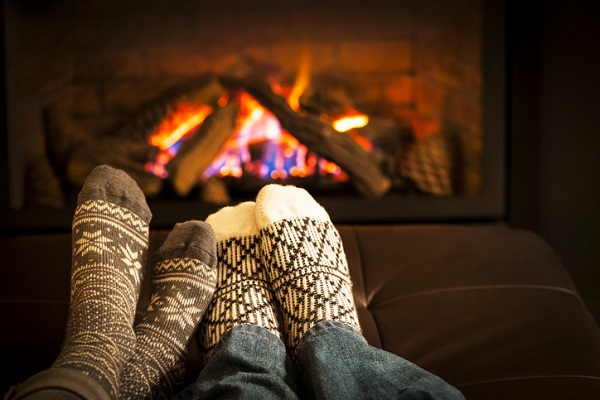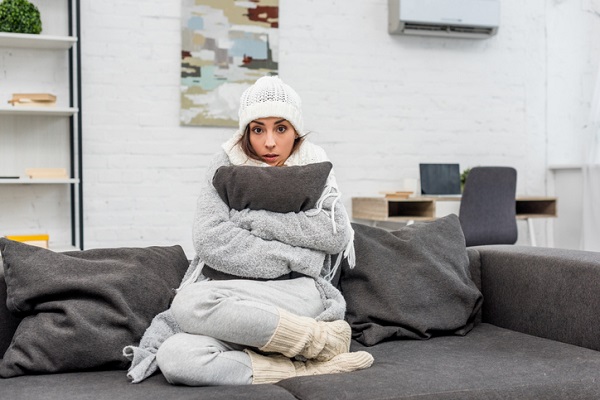
Heating, ventilation, and air conditioning (HVAC) technicians specialize in keeping houses and the people that live in them warm in the winter and cool in the summer. Read these tips and tricks to make your customer’s home a firelit haven, sheltered from the icy elements outdoors.
Seal Any Gaps When You Become an HVAC Technician
One of the main causes of a cold house is gaps around the doors and windows that let hot air out and cool air in. When you become an HVAC technician, the first thing you should do when you get a new client is examine their home for any unsealed gaps.
They can use an acrylic-latex caulk to seal any gaps around the window frames or a spray foam that will expand into any unfilled crevices. This will also help clients to save on their energy bills, as they will need less energy to heat their homes.
If the house has a fireplace, the chimney pipe could be letting cold air in,too. When the fire is not lit,advise clients that they should close the damper. However, make sure they know to check that all embers have fully burnt out – otherwise, smoke could fill their home.

Reverse Any Fans
You might assume that fans are only useful in the hot, summer months when you need to cool down. However, fans can also keep a house warm. If you reverse the direction of the fan so it’s spinning clockwise, it will stop the hot air from rising, and push it back down to warm the room. This can be a very useful tip for many clients.
Look After The Furnace and Outdoor Unit
The majority of HVAC systems have an outdoor unit attached to the outside of the house. Even though this is built to withstand cold temperatures and heavy snow, it is still a good idea to shelter it in someway. You could build a small, temporary shelter out of wood, or use a plastic cover. This will protect the fan from freezing so that your house stays warm all winter.
At HVAC college, you may also learn the importance of checking the furnace filter. This can become dirty over time and needs to be regularly cleaned and replaced. A dirty furnace filter will not be as effective, and will mean that the house needs to use more power to generate heat.
Thermostat or Portable Heater? It Depends
Both thermostats and portable heaters have an important role to play during winter. To save energy, it’s recommended that clients program the thermostat so that it automatically turns down when they are asleep or at work. The recommended temperatures are 20 degrees Celsius in the mornings, evenings, and weekends when at home, and 10 degrees Celsius when at work, asleep, or out of the house.
If a client needs to heat up their house fast,you should advise them that turning the thermostat to max is not the answer. This will drain energy and could damage the thermostat. It also won’t be effective, because the thermostat is designed to maintain a constant temperature.
In these situations, it’s better to use a portable heater. These can generate a lot of heat from electricity in a short amount of time. However, clients need to be sure to switch them off when they are not in the room, so as not to create a health and safety risk.

Do you want to find out more about HVAC certification?
Contact North American Trade Schools today!



